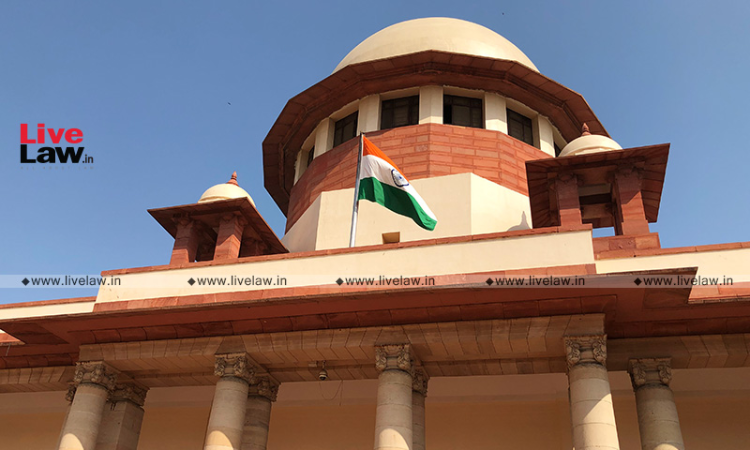2006 Meerut Fire Tragedy : Supreme Court Fixes Liability 40:60 Liability On State & Organizers To Compensate Victims
Shruti Kakkar
13 April 2022 9:10 AM IST

Next Story
13 April 2022 9:10 AM IST
The Supreme Court on Wednesday asked the Allahabad High Court Chief Justice to nominate within two weeks a District Judge or Additional District Judge to work on a day to day basis for determining the compensation payable to the families of the victims of the fire that broke out during a consumer fair in Meerut in 2006. The bench of Justices Hemant Gupta and V Ramasubramanian also...
